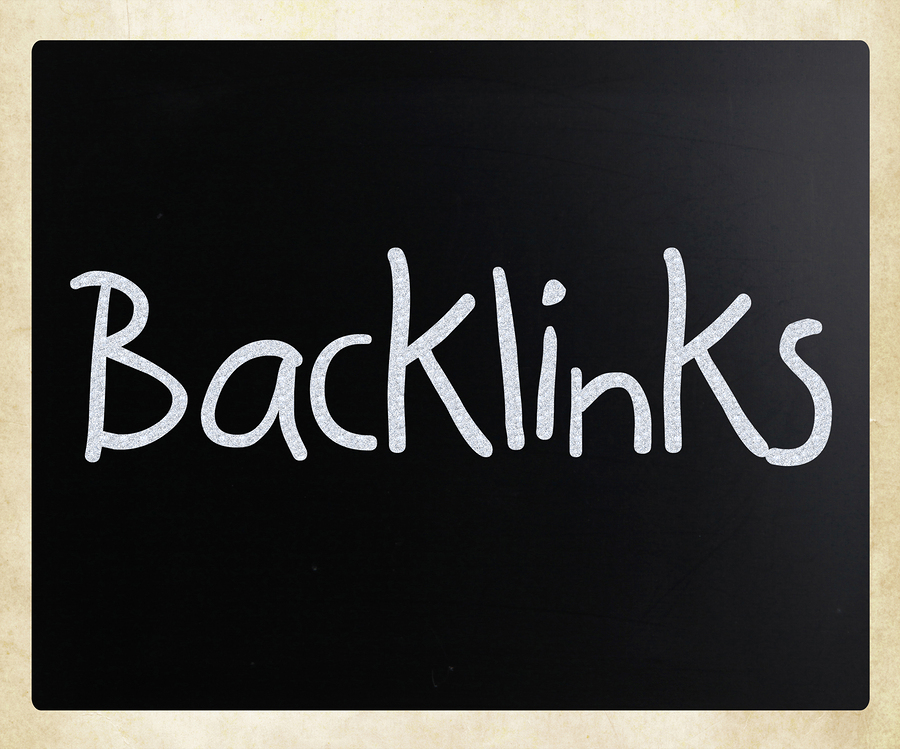
September 11, 2014
Why Backlinks Still Matter
In the wake of Google’s most recent algorithm updates earlier this year – which punished sites for aggressive link building strategies – the SEO community wondered if Google would kill off backlinks altogether, even the legitimate ones. However, despite the algorithm tweaks, Matt Cutts announced, “backlinks still really help in terms of making sure that we return the best, most relevant, most topical set of search results.”
So, do backlinks matter? The short answer: yes. Quality backlink building –creating the “good” backlinks that Cutts’ referred to in his announcement – can give your site a natural boost. Here’s what your business needs to know:
The Importance of Links
Despite the rumors of its demise, link building is still one of the best ways to improve search visibility and increase brand exposure. Amit Singhal, Google’s unofficial head of search, said, “Links are clearly an important signal about the importance of your content. They’re still very valuable.” The key, of course, is to have more “good” links on your site and fewer “bad” links.
Good v. Bad Links: What’s the Difference?
Links send positive signals to Google, which can help improve trust or quality signals for a domain. Link building also helps to create new relationships between businesses and websites. But not all links are created equal.
For example, years ago, SEO companies encouraged businesses to create keyword rich anchor text links. If you wanted to rank highly for “used car deals” then you would vary your links to feature these keywords as anchor text. These links are the perfect example of what not to do these days, as Google could penalize you for overusing keyword anchor text.
The same goes for the unrelated placement of links. It’s also important to think about what sites are linking to your website. For example, if you’ve got a lot of low quality links from directories that are not related to your industry or too many press release article links with exact match anchor text, Google may send you a manual action notification in Webmaster Tools.
Good Links: “Networking” with Peer Websites
Good links come from a related website that operates in the same niche as yours. Ideally, this site is an industry authority; it should already rank high in your industry, and be well known and trusted. When creating these links, do not use keyword rich anchor text. Instead, use your domain name or your company name as the anchor text and ensure the link is completely natural and makes sense within the context of the blog post or article.
For example, let’s say that your business is posting a short blog post on an industry website. The blog includes commentary on a major industry report, and your business happens to offer a service that is discussed in conjunction with this report analysis. It would be perfectly acceptable to link your business’s name directly to this specific service page. Based on both Cutts’ and Singhal’s commentary, this would be a “good” link that is completely natural and not spam – exactly the type of link you need to drive more traffic to your website and boost your trust with search engines.



